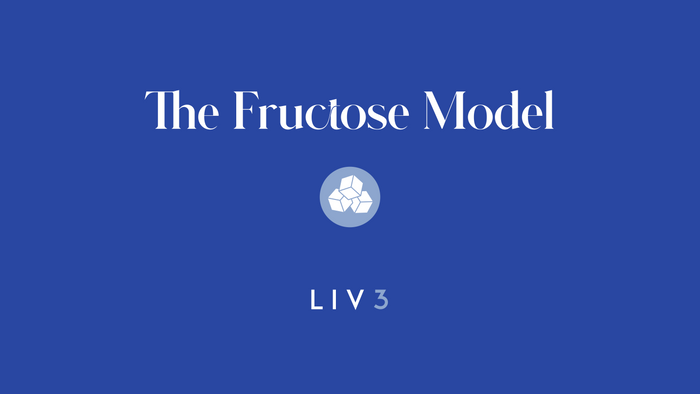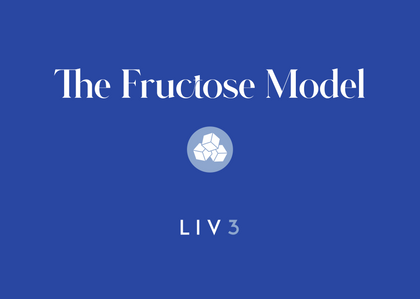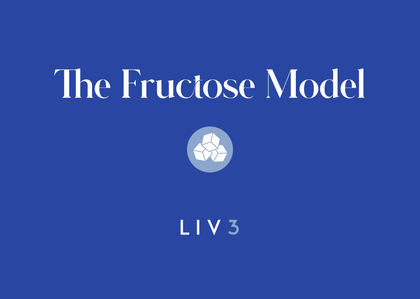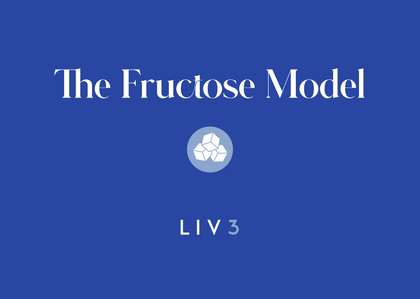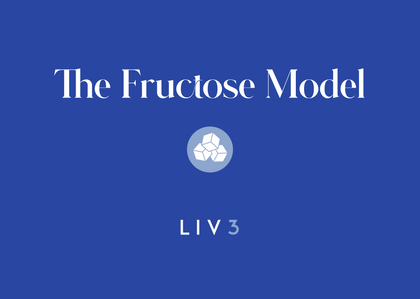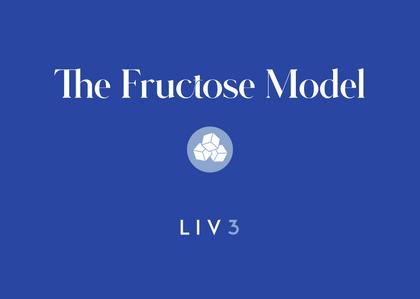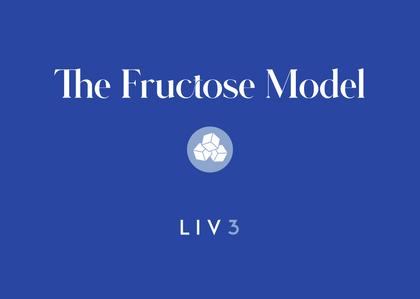Appendix A — Experimental Test Protocols
Open Science & License: This protocol is released under Creative Commons CC BY-SA 4.0. You may copy, adapt, and build upon it—even commercially—provided you give appropriate credit and share derivatives under the same license. Pre-register deviations and report all results (including null) for transparency.

